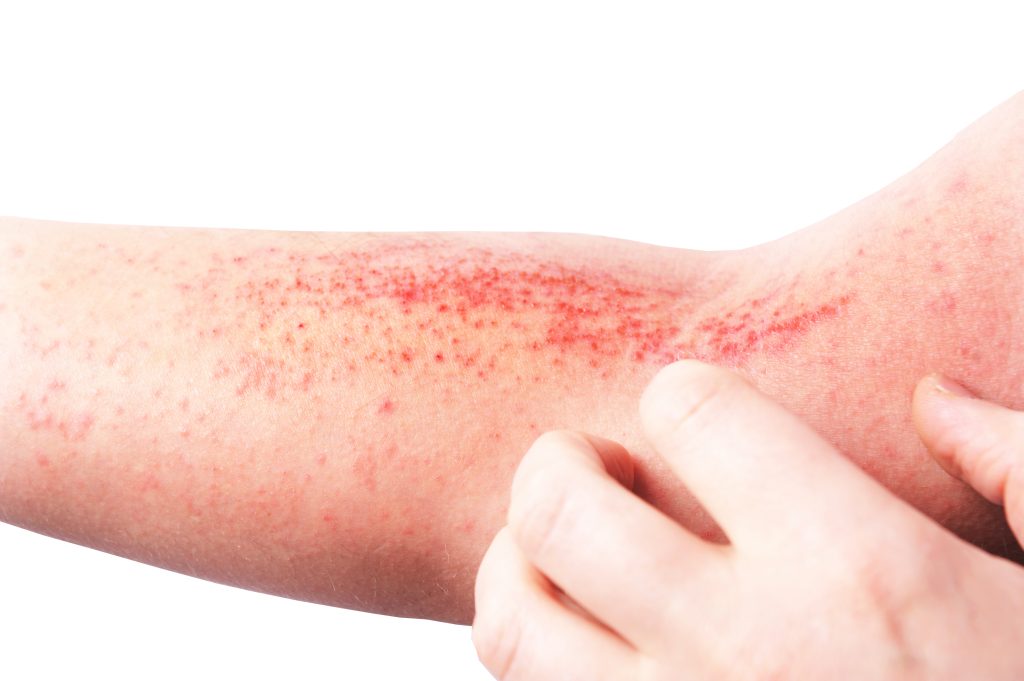The U.S. Food and Drug Administration (FDA) accepted Dermavant’s Supplemental New Drug Application (sNDA) for Vtama (tapinarof) cream, 1% for the topical treatment of atopic dermatitis (AD) in adults and children aged 2 and older.
The Prescription Drug User Fee Act (PDUFA) action date assigned by the Agency is in Q4 2024.
Vtama cream is a novel, aryl hydrocarbon receptor agonist in development as a once-daily, steroid-free, topical cream for both acute treatment and long-term management of AD. Vtama cream, 1% is currently approved for the topical treatment of plaque psoriasis in adults in the U.S. and is the same strength and formulation being studied in the ADORING Phase 3 development program and included in the sNDA submission for AD.
“The FDA acceptance of our sNDA is an important milestone in our efforts to bring Vtama cream, as a potentially safe and well-tolerated non-steroidal treatment option, to adults and children as young as 2 years old who suffer from atopic dermatitis,” says Todd Zavodnick, Chief Executive Officer of Dermavant, in a news release. “Our commitment to patients is unwavering, and we remain highly focused on preparing for the commercial launch of Vtama cream, subject to FDA approval, for its second indication of atopic dermatitis.”
The regulatory application is supported by positive Phase 3 data from ADORING 1 and ADORING 2, two identical, double-blind, randomized, vehicle-controlled, pivotal trials, as well as an open-label maximal usage pharmacokinetics (MUPK) trial in children aged 2-17, and the interim analysis results of ADORING 3, a Phase 3, 48-week, open-label, extension trial.


